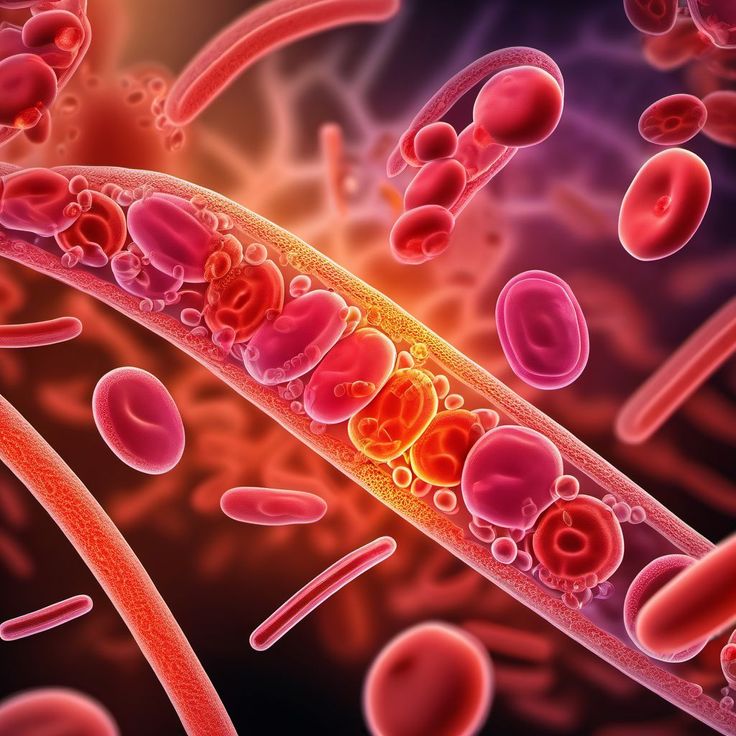Introduction
Adenoviruses are a group of common viruses that can cause a range of illnesses, from mild respiratory infections to more serious conditions like pneumonia and conjunctivitis. These viruses are highly contagious and can spread easily through the air and close contact.

While most adenovirus infections are mild and resolve on their own, certain individuals, such as young children, older adults, and those with weakened immune systems, may be at risk for more severe complications. Understanding the symptoms, causes, and treatment of adenovirus infections is crucial for preventing its spread and managing its impact.
Symptoms of Adenovirus Infection
The symptoms of an adenovirus infection can vary depending on the type of virus and the affected area. Common symptoms include:
- Respiratory: Cough, sore throat, runny nose, congestion, fever
- Eye: Redness, itching, watering, sensitivity to light, feeling of a foreign object in the eye
- Gastrointestinal: Diarrhea, vomiting, abdominal pain, nausea
Causes and Transmission of Adenovirus
Adenoviruses are spread through contact with respiratory droplets from an infected person, such as through coughing or sneezing. They can also be spread through contact with contaminated surfaces, like doorknobs or toys.
Factors that increase the risk of adenovirus infection include:
- Age: Young children are particularly susceptible to adenovirus infections.
- Weakened immune system: Individuals with weakened immune systems are at greater risk for severe complications.
- Close contact: People in close proximity to an infected person, such as in schools or daycare centers, are more likely to contract the virus.
Treatment and Prevention of Adenovirus
In most cases, adenovirus infections resolve on their own without specific treatment. Rest, fluids, and over-the-counter pain relievers can help alleviate symptoms. However, in more severe cases, antiviral medications may be necessary.
Preventive measures for adenovirus include:
- Frequent handwashing: Washing hands thoroughly with soap and water is essential in preventing the spread of adenoviruses.
- Avoiding close contact with sick individuals: Minimize contact with people who are exhibiting symptoms of a respiratory infection.
- Disinfecting surfaces: Regularly disinfect surfaces that are frequently touched.
- Vaccination: Vaccines are available for certain types of adenovirus infections, particularly for those at high risk.
By understanding the causes, symptoms, and prevention of adenovirus infections, individuals can take the necessary steps to protect themselves and their communities.

.jpg)